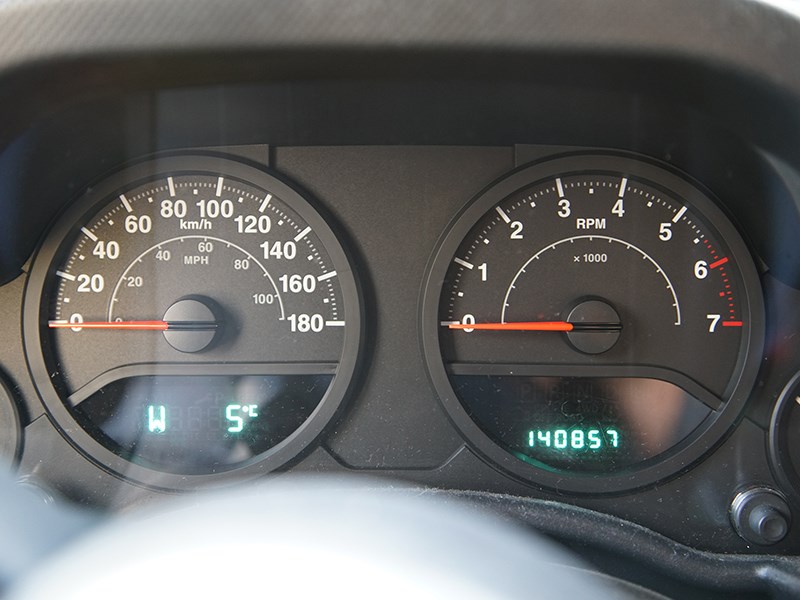City of Powell River Council is advocating that the Insurance Corporation of British Columbia (ICBC) collect odometer readings from all customers to track greenhouse gas (GHG) emissions.
At the Thursday, February 6, city council meeting, councillor CaroleAnn Leishman introduced a resolution for the Association of Vancouver Island and Coastal Communities (AVICC) convention in Nanaimo in mid-April, asking for the information to be collected to assist local governments to help with GHG emissions reduction.
“We are required to reduce our emissions, as a corporation and as a community, and there is no real effective way to have a baseline,” said Leishman. “They had odometer reading data years ago in the AirCare program in Metro Vancouver. Our community didn’t have an air care program so we’ve been working off an estimated baseline.
“To request ICBC to ask customers to provide their odometer readings is really a no-brainer. Years ago, they said it would be too difficult, but last year ICBC did start asking customers for odometer readings voluntarily if they wanted to try and get a rebate on their next year’s insurance by driving less than 5,000 kilometres.”
Leishman indicated the precedent has been set so it makes perfect sense for the province to have all drivers provide odometer readings.
“There would be no private information shared with anyone,” she said. “It would just be the data. That way, communities can actually target what is being seen for transportation.”
According to a report from city sustainability planner Ana Lukyanova, there is no data on transportation, which is the single largest emission source for most BC communities. She stated that the province has recently announced it will be sharing ICBC registration data with local governments, but without odometer readings, this data is not helpful in tracking emissions.
“What is needed is for communities to be able to reliably and consistently track their emissions and progress towards emission reduction targets,” stated Lukyanova. “This can be achieved through a relatively simple change: giving communities access to aggregate ICBC vehicle registration and odometer data. In order to achieve this, ICBC must require odometer readings to be collected at the time of vehicle registration and insurance renewal.”
The following is the AVICC resolution from City of Powell River Council:
Whereas transportation is the single largest greenhouse gas emission source for most BC communities, and accurately tracking these emissions is critical for all local governments as well as for the Province of British Columbia to be able to implement effective climate change mitigation initiatives and achieve GHG emission reduction targets;
And whereas the provincial government does not currently provide accurate transportation emissions data to BC communities to enable them to work strategically and measurably in the reduction of community transportation emissions;
Therefore, be it resolved that the province require the Insurance Corporation of British Columbia to collect odometer readings from all customers at the time of vehicle insurance purchase and renewal and provide aggregates of this information to local governments in order to enable effective and targeted local government action on transportation GHG emissions reduction.
The motion to forward the resolution to the AVICC carried unanimously.



